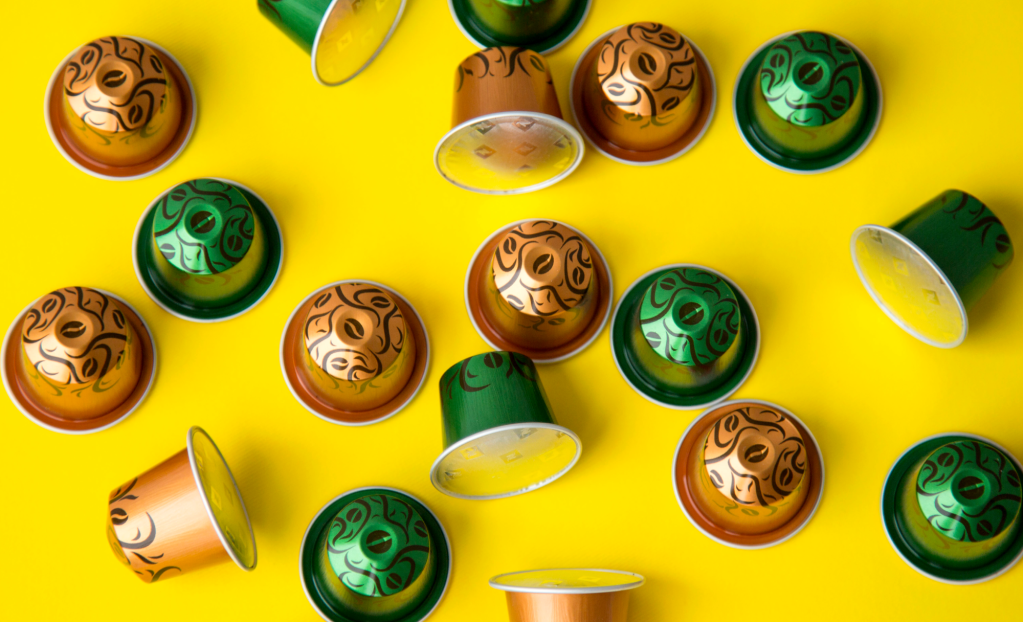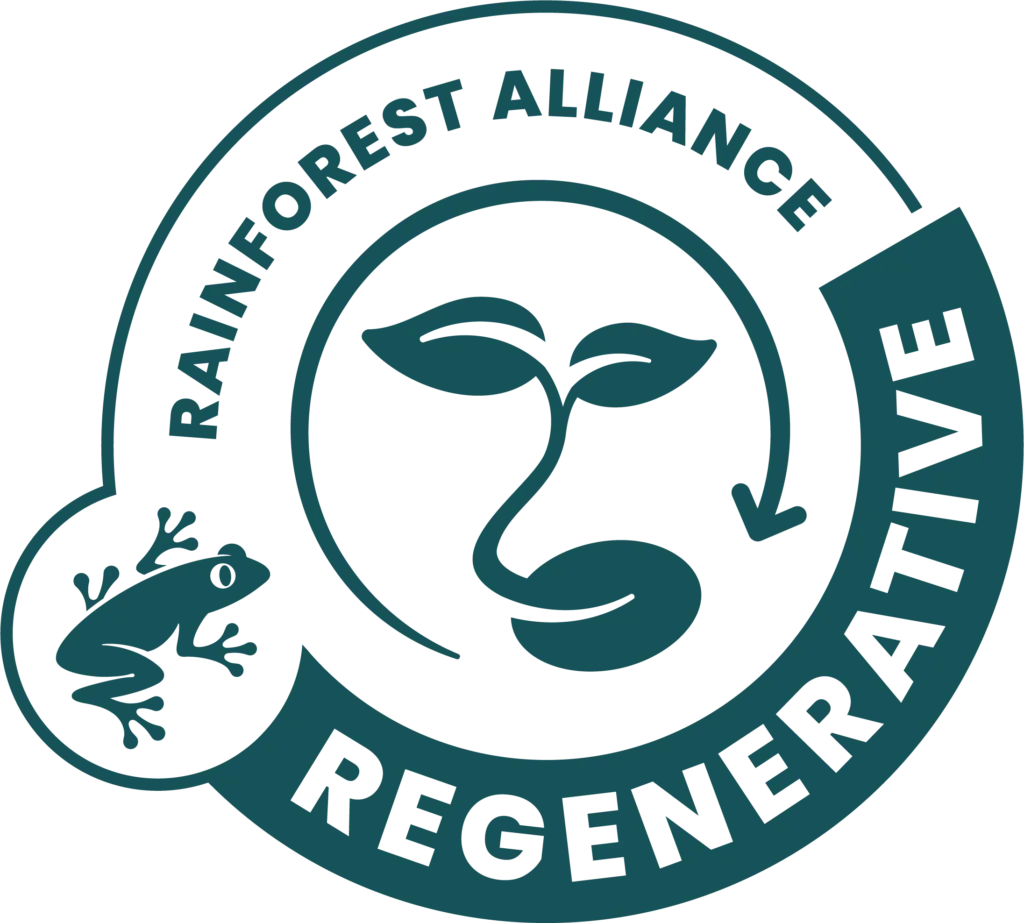Nespresso first to pilot regenerative label from Rainforest Alliance
The new certification from a trusted organization will help communicate regenerative agriculture to consumers, according to the Nestlé subsidiary. Read More

-
- Coffee from Mexico and Costa Rica will be certified with the new standard beginning next year.
-
- The label is only the second from Rainforest Alliance, which operates one of the better-known consumer-facing certification programs.
-
- The regenerative label will be available soon to farmers growing cocoa, citrus and tea.
Coffee maker Nespresso will certify two product lines with a regenerative label from the Rainforest Alliance, making the Nestlé subsidiary the first company to pilot the new certification.
Regenerative agriculture is experiencing a growth spurt, but the lack of a clear definition for the process has hampered efforts to market the benefits. The entry of a certification from one of the best-known independent labels provides a new option.
“The certification is really about consumer communication and consumer trust,” said Christopher Henry, head of U.S. sustainability communications at Nespresso. “The Rainforest Alliance seal is very well known, very trusted by consumers.”
From coffee to cocoa
Farms in Nespresso’s supply chain will comply with the alliance’s Regenerative Agriculture Standard, announced earlier this month, by building soil health, improving resilience to climate change and protecting biodiversity. Techniques include use of cover crops, integrating forestry into coffee plantations and water-efficient irrigation. The standard is initially only available to coffee growers, but will be expanded to cocoa, citrus and tea next year.

More than 40 percent of the Nespresso’s coffee already comes from farms that have earned the standard Rainforest Alliance certification. “We’ve been working with [the alliance] for over 20 years now,” said Henry, who added that the standard certification covers around 150 criteria. “This is an up-level with an additional 17 criteria focused on soil health, biodiversity and climate resilience.”
Nespresso will pilot the certification with coffee from around 4,300 farmers in Costa Rica and 2,000 in Mexico, with the label appearing on products next year. “From the business standpoint it protects the supply chain,” explained Henry. It also taps into growing demand from consumers for environmentally friendly farming. “They are becoming far more aware of what they’re ingesting, how it has grown and what environment it’s been in,” he said.

Subscribe to Trellis Briefing
Featured Reports

The Premier Event for Sustainable Business Leaders















